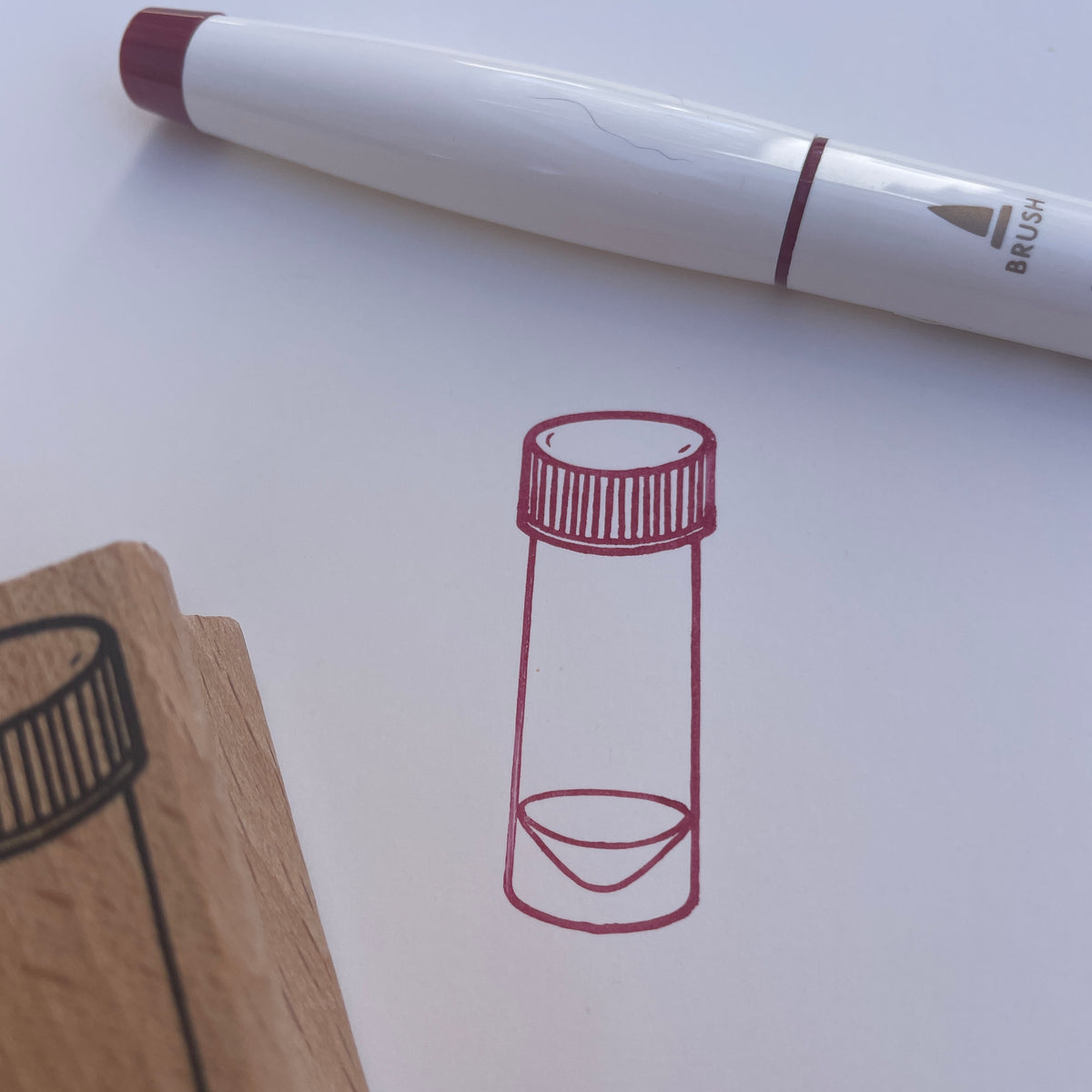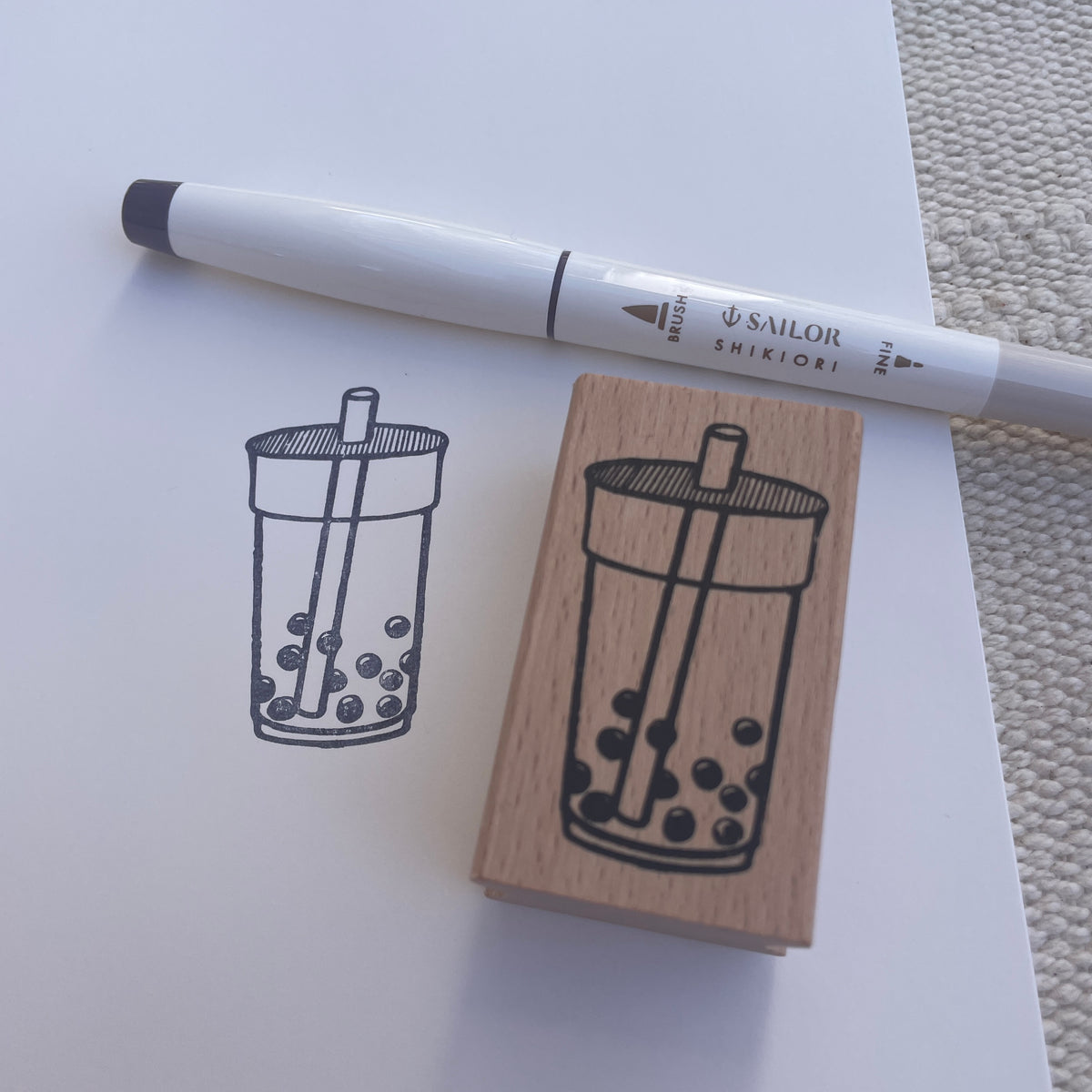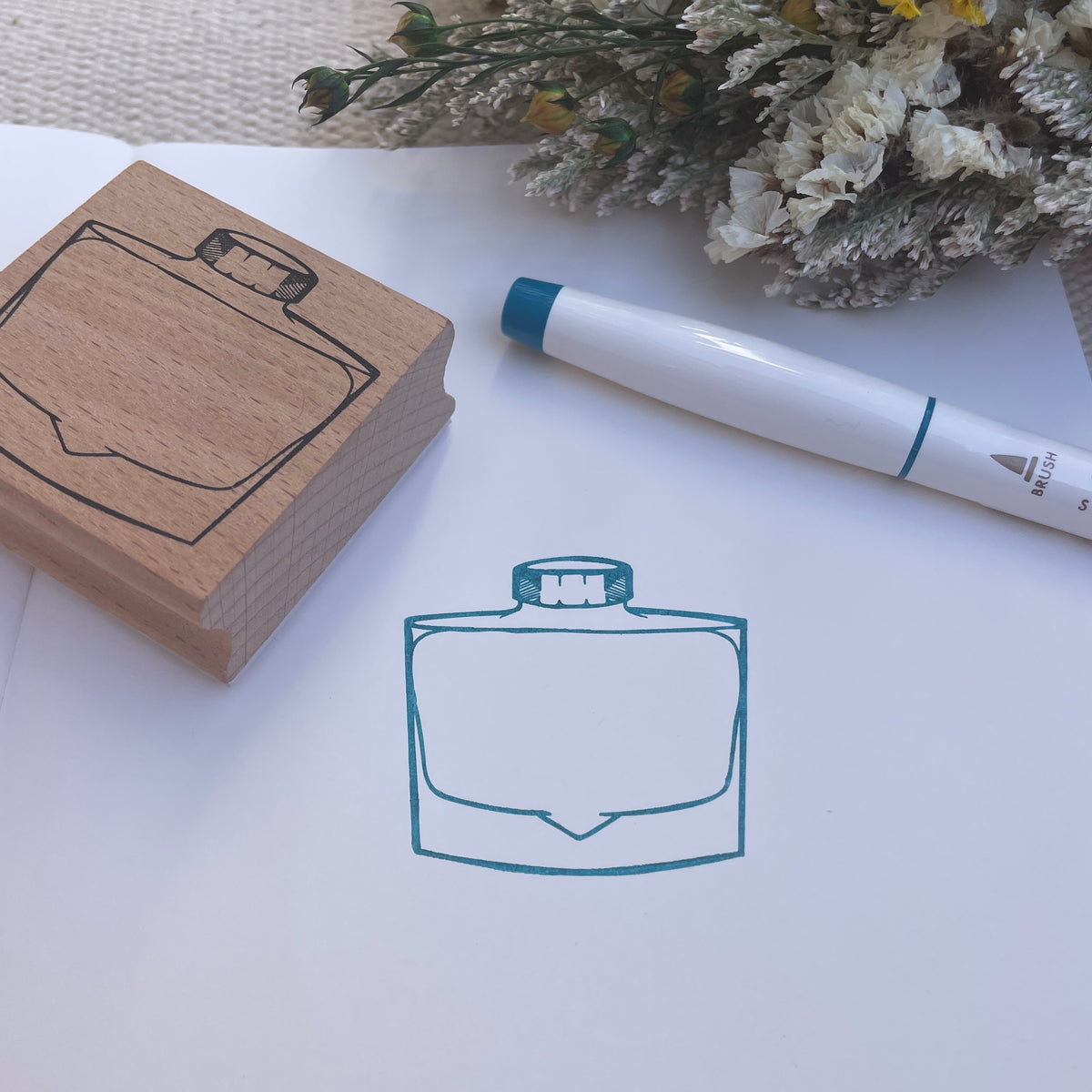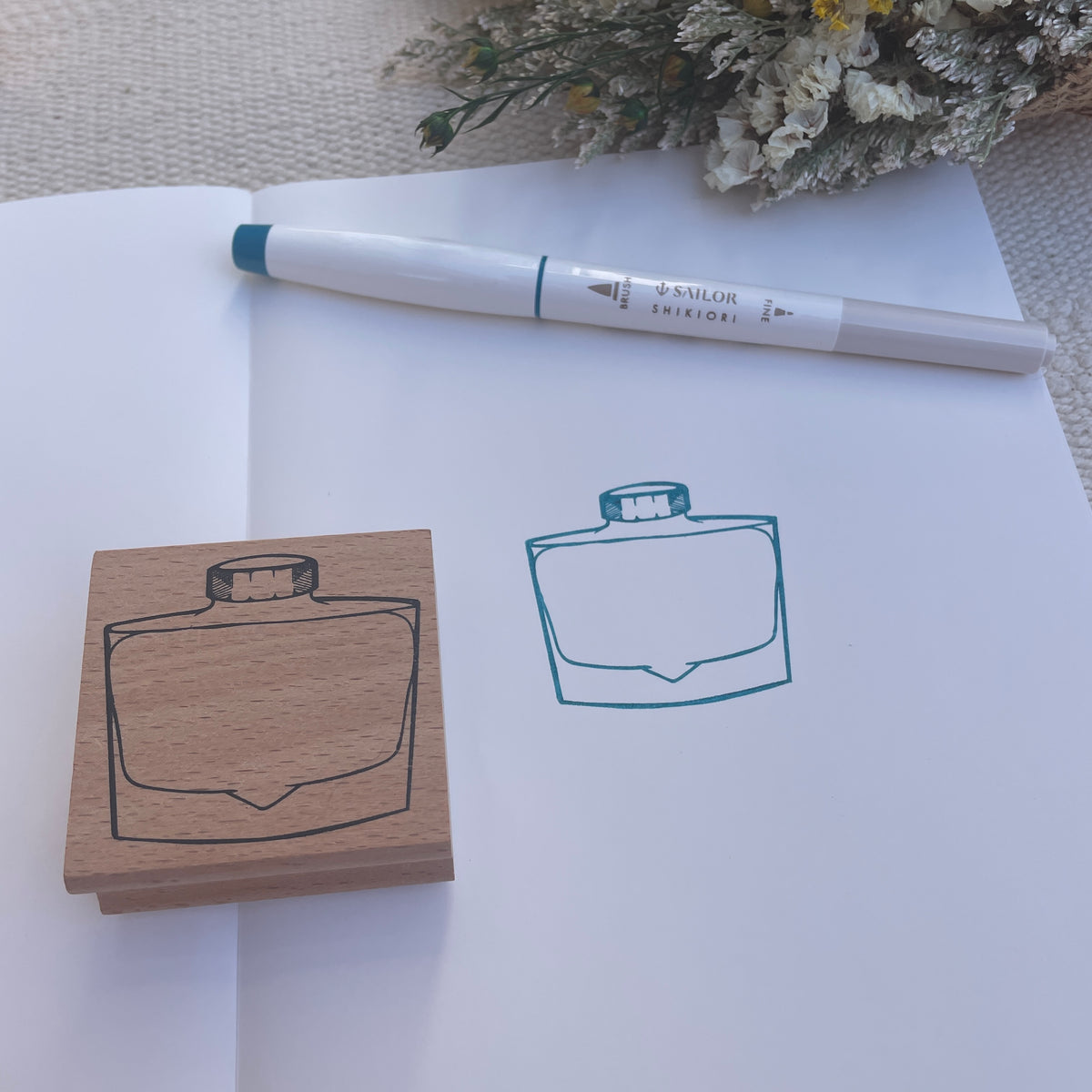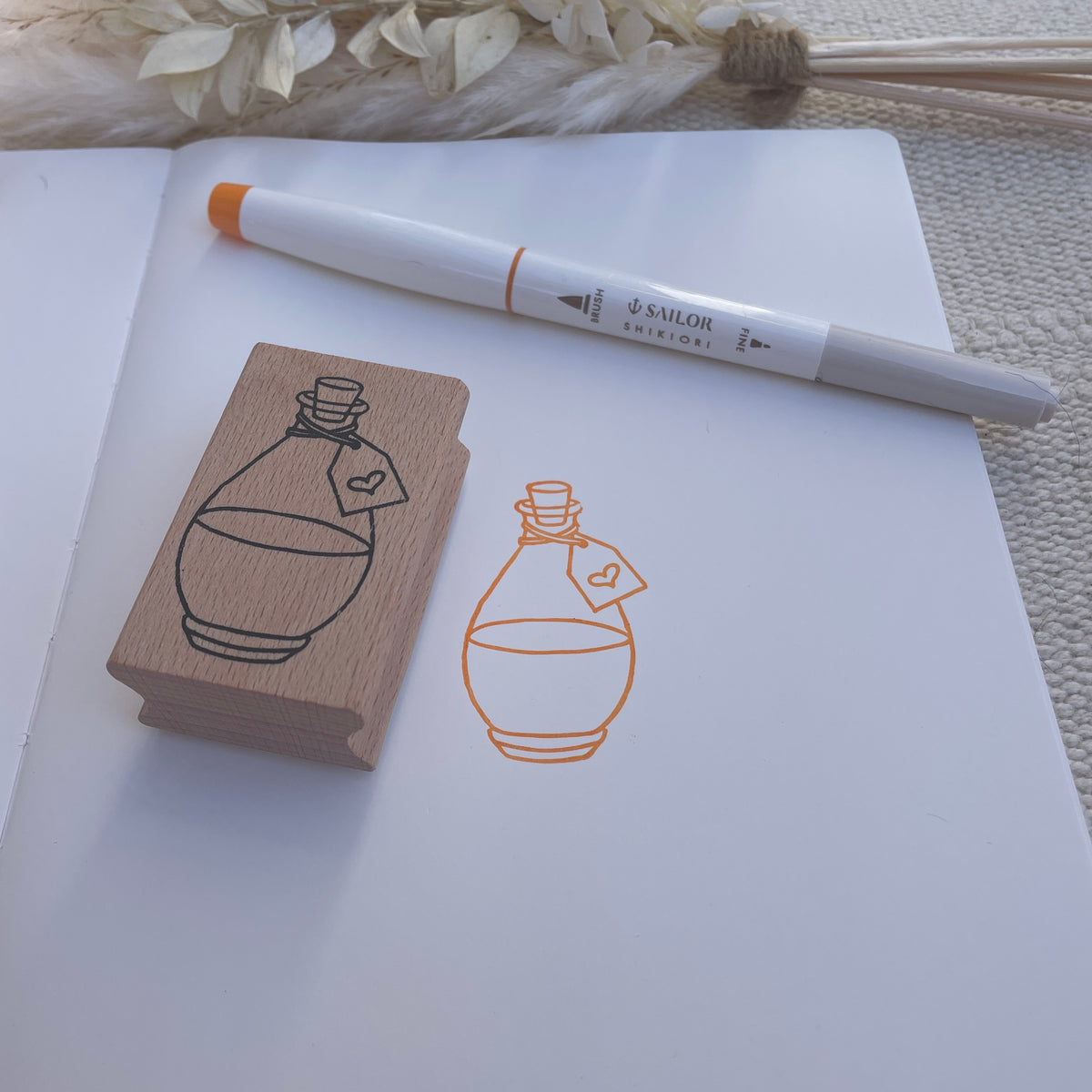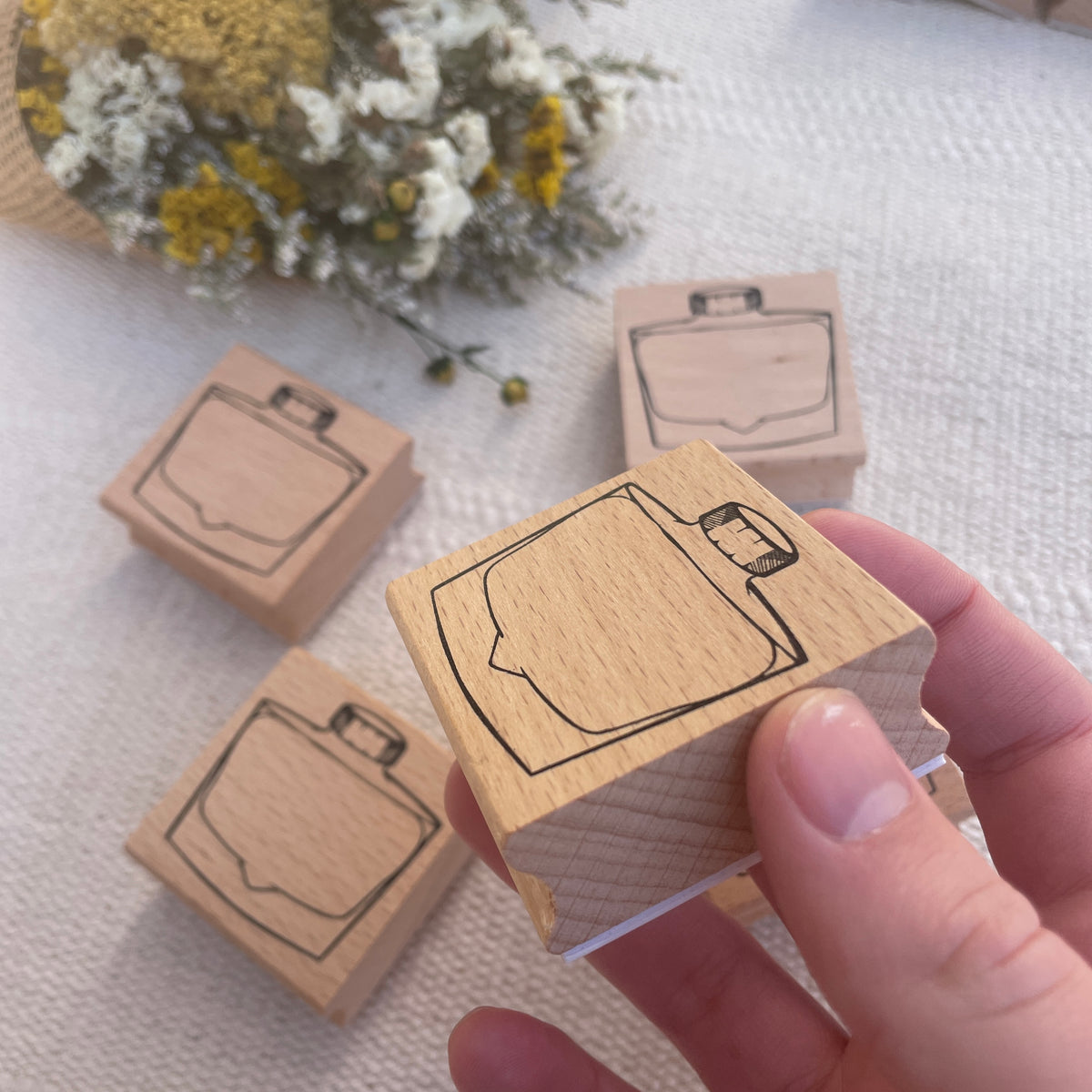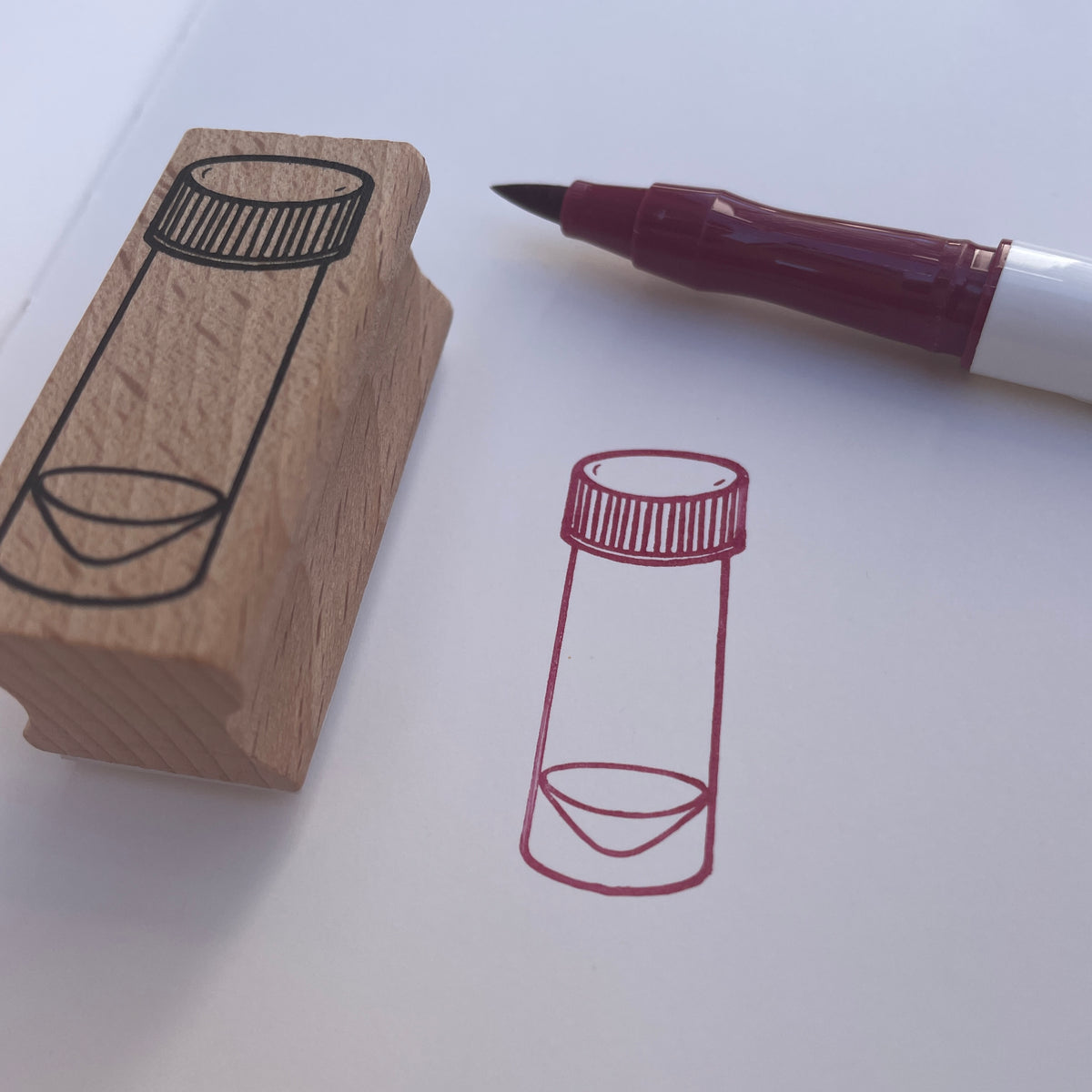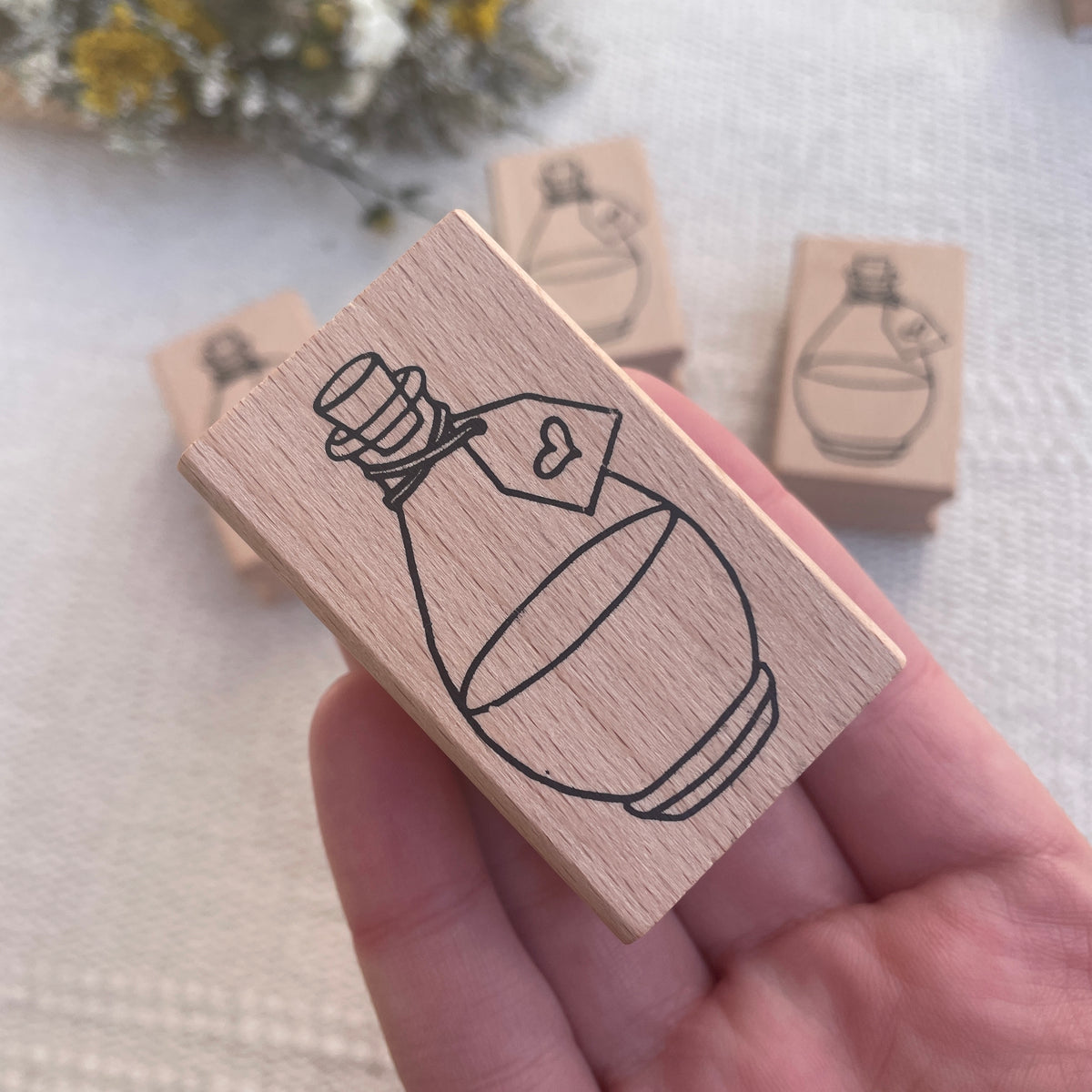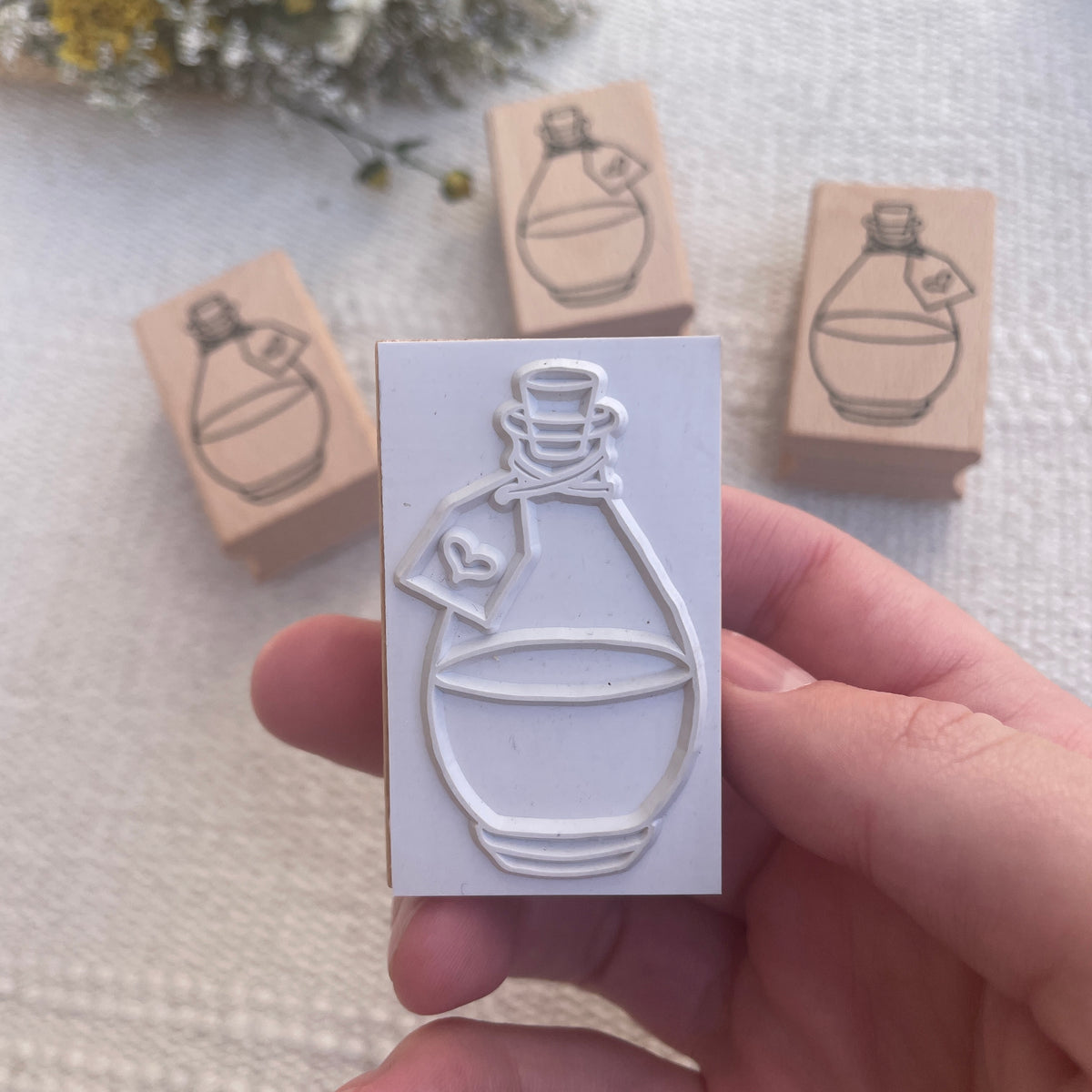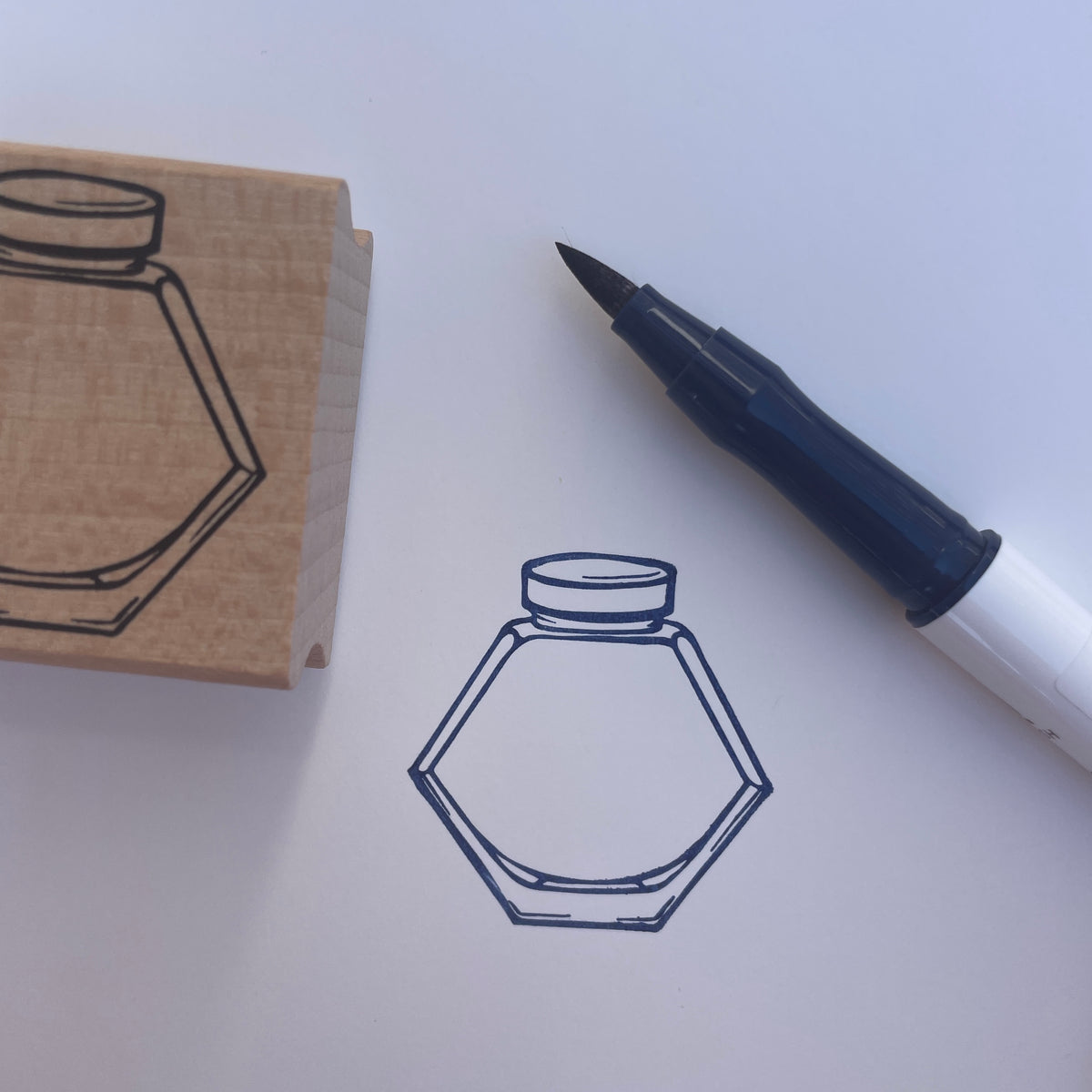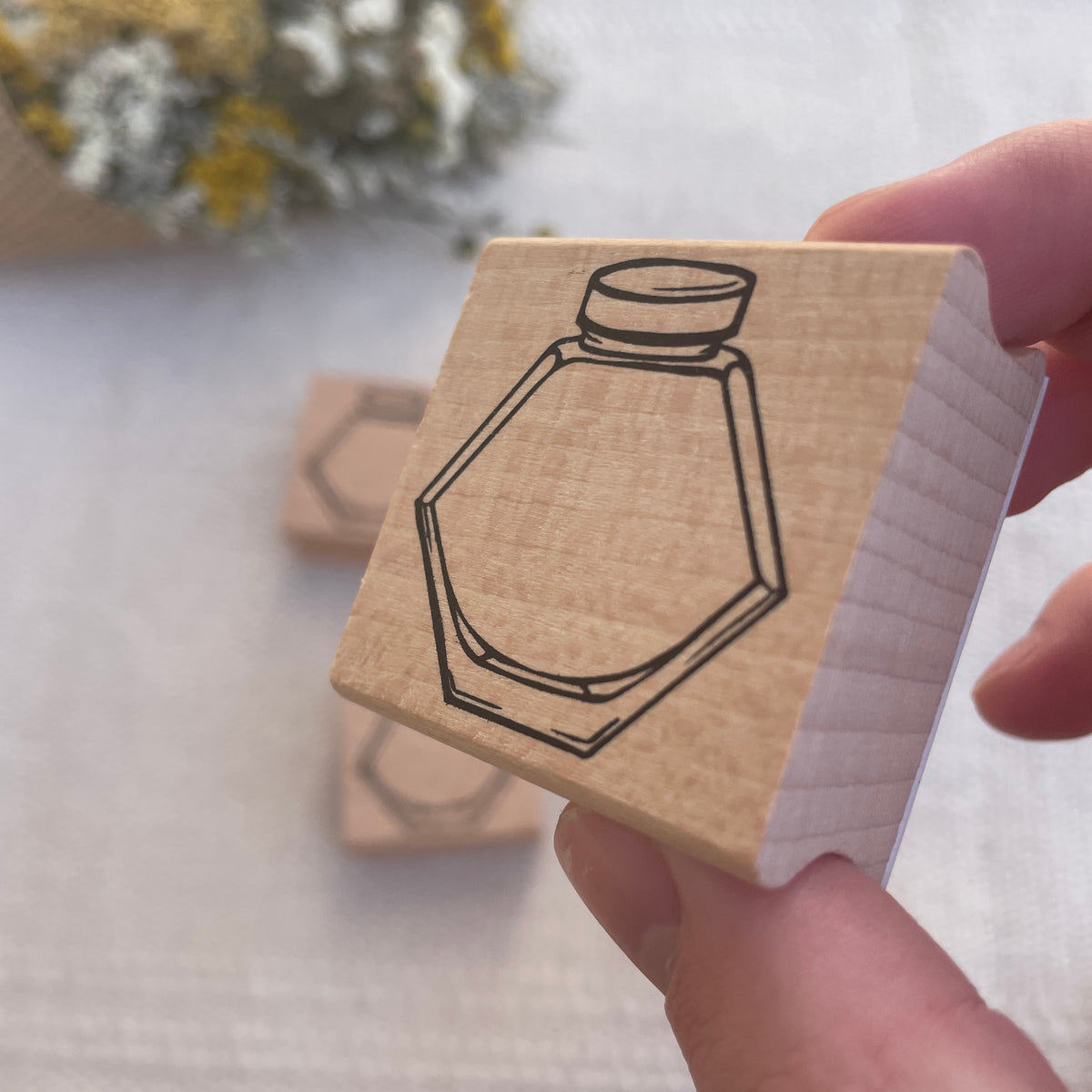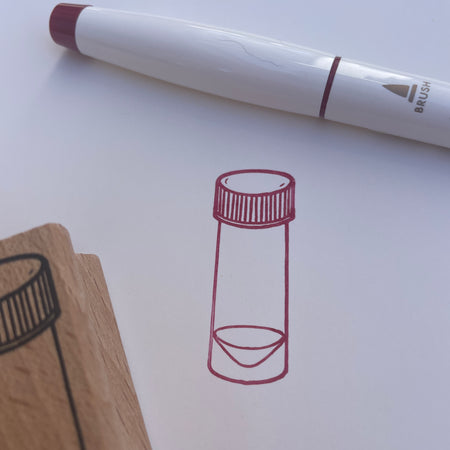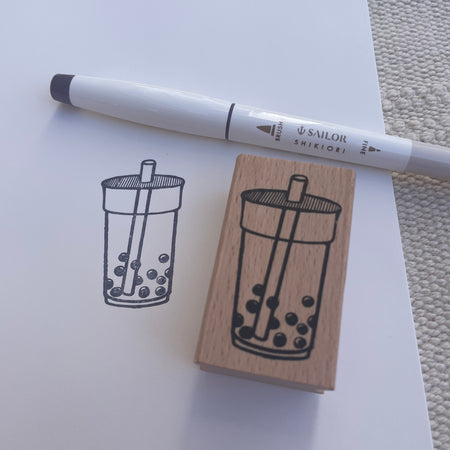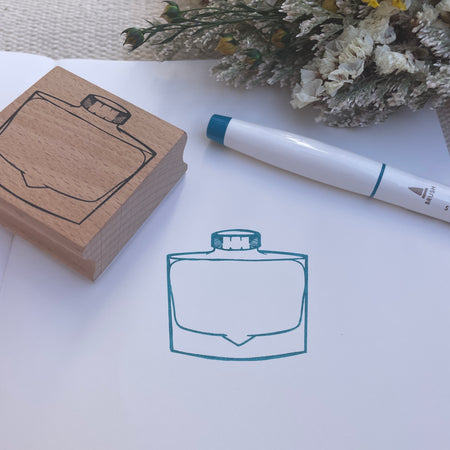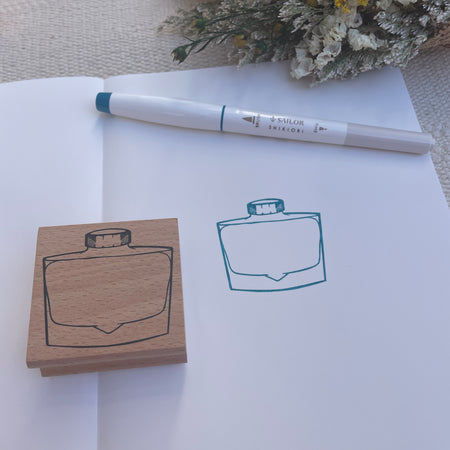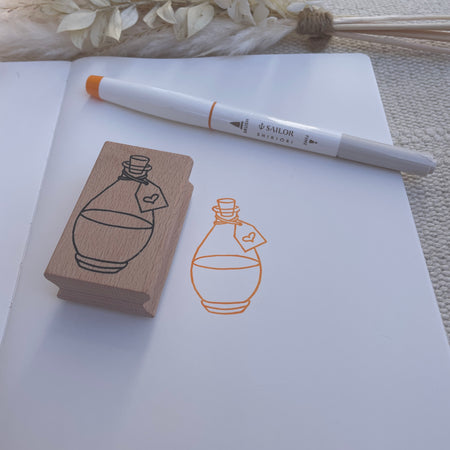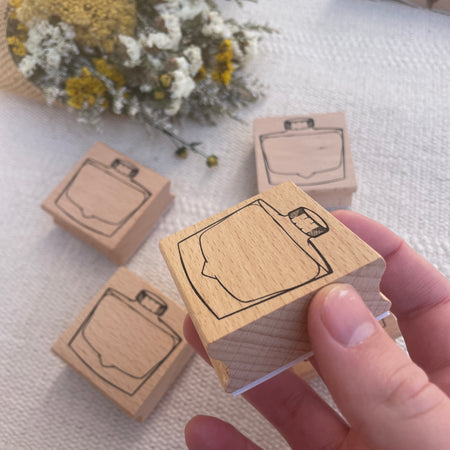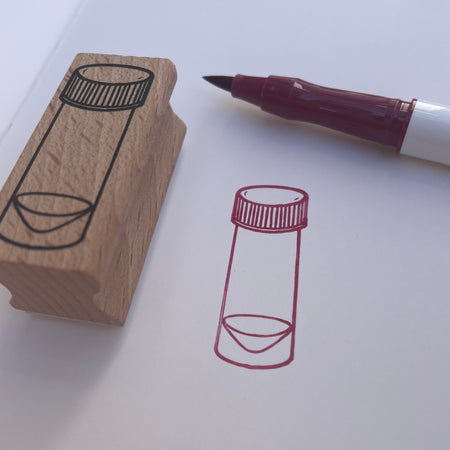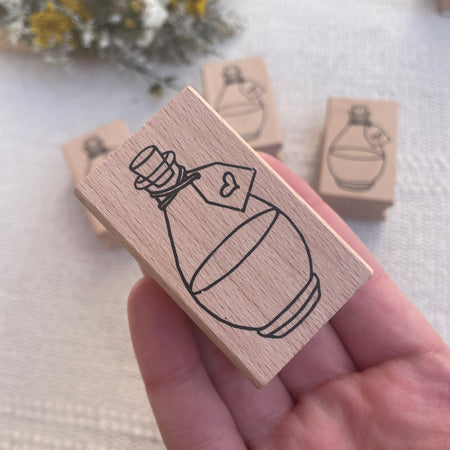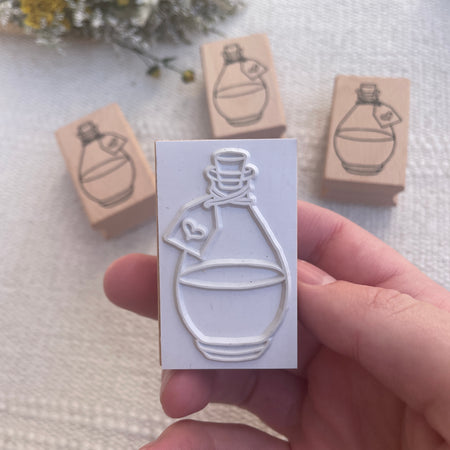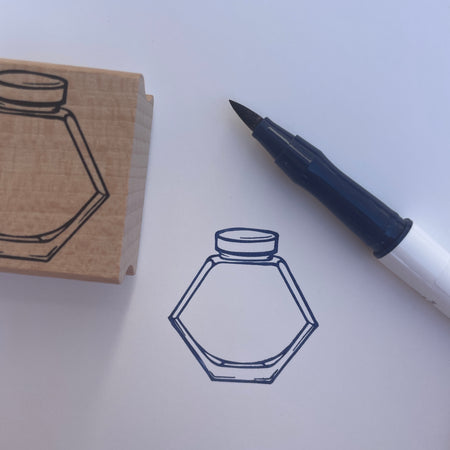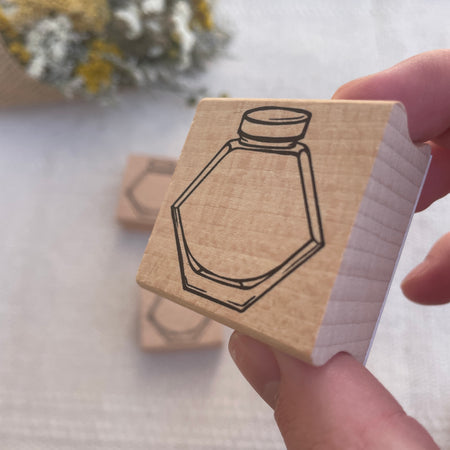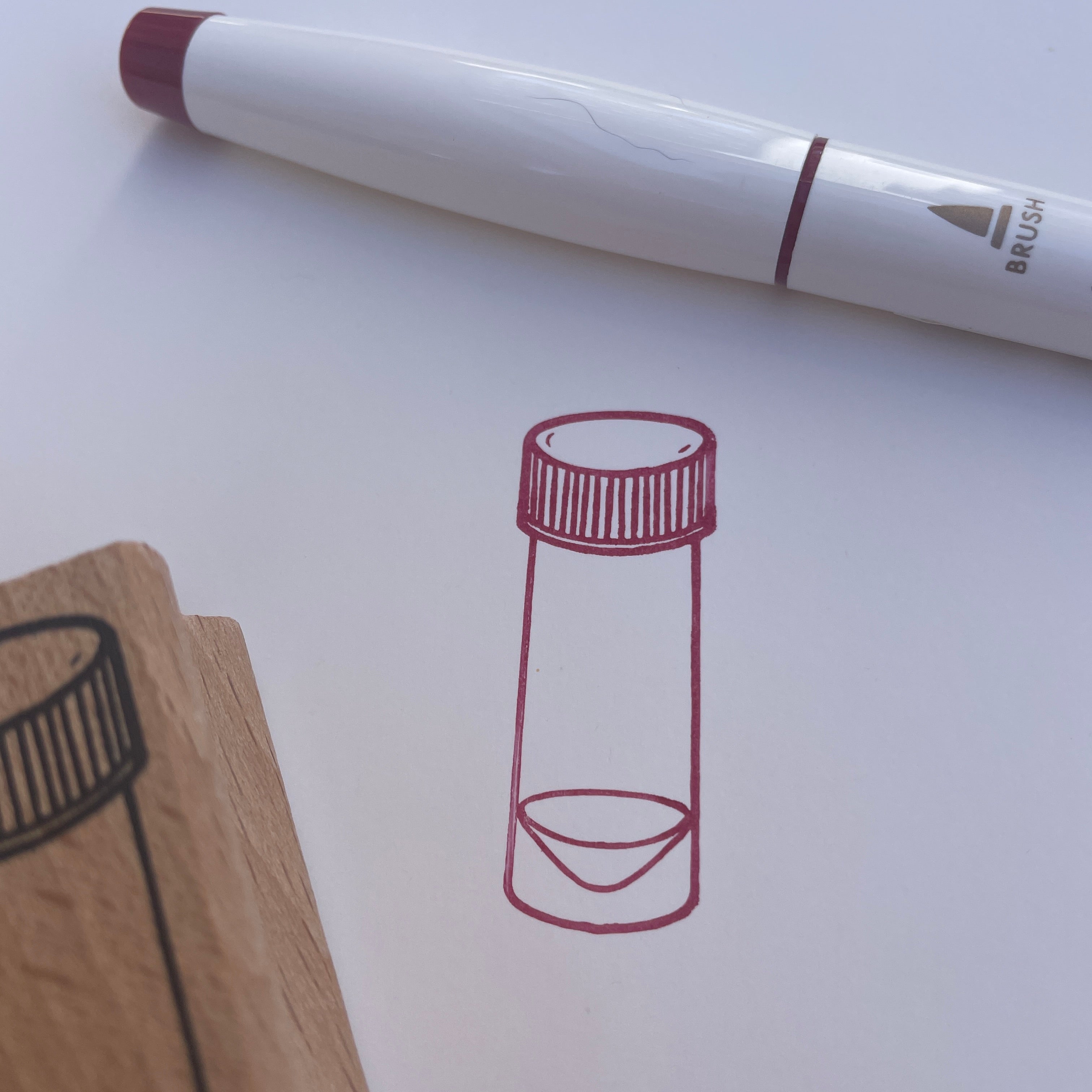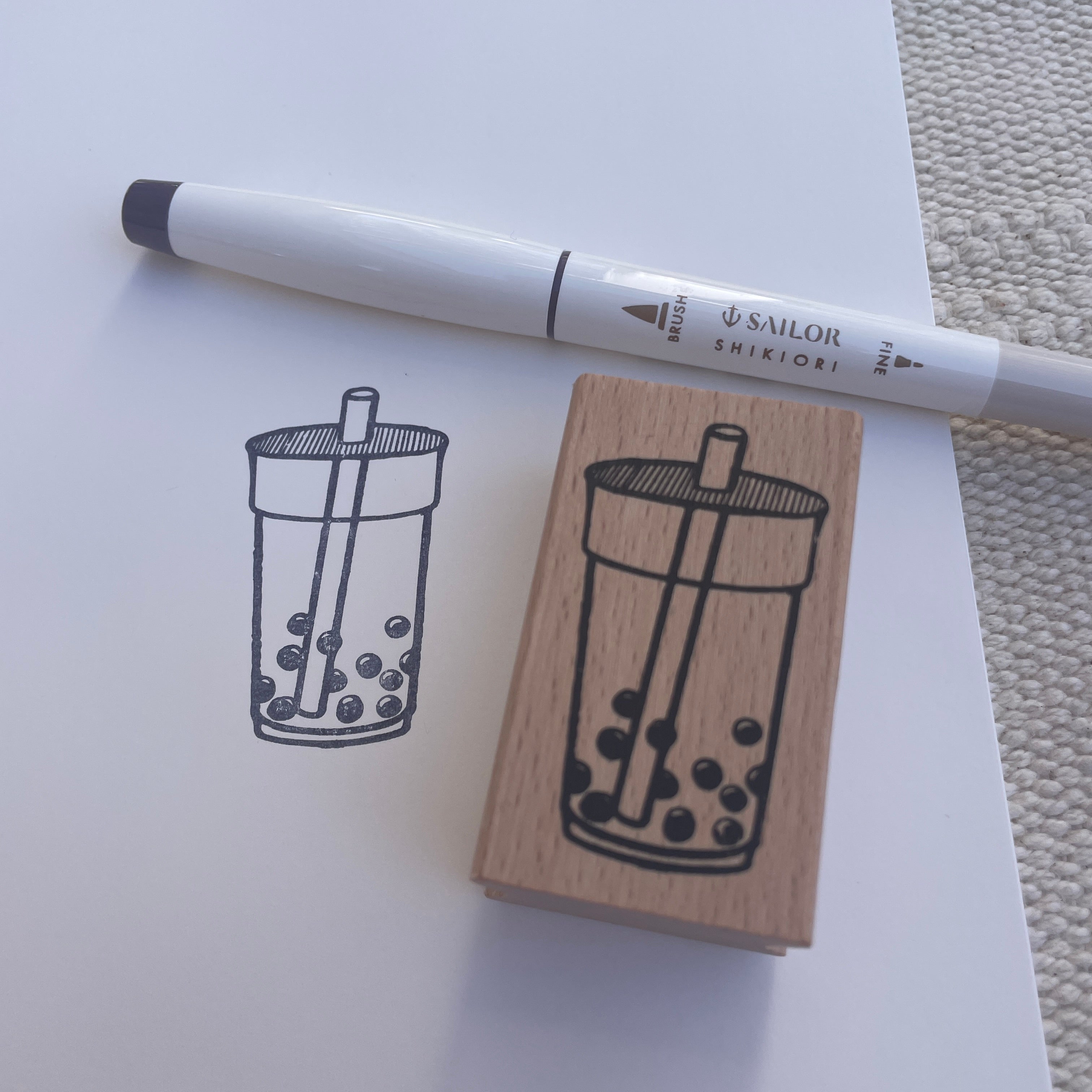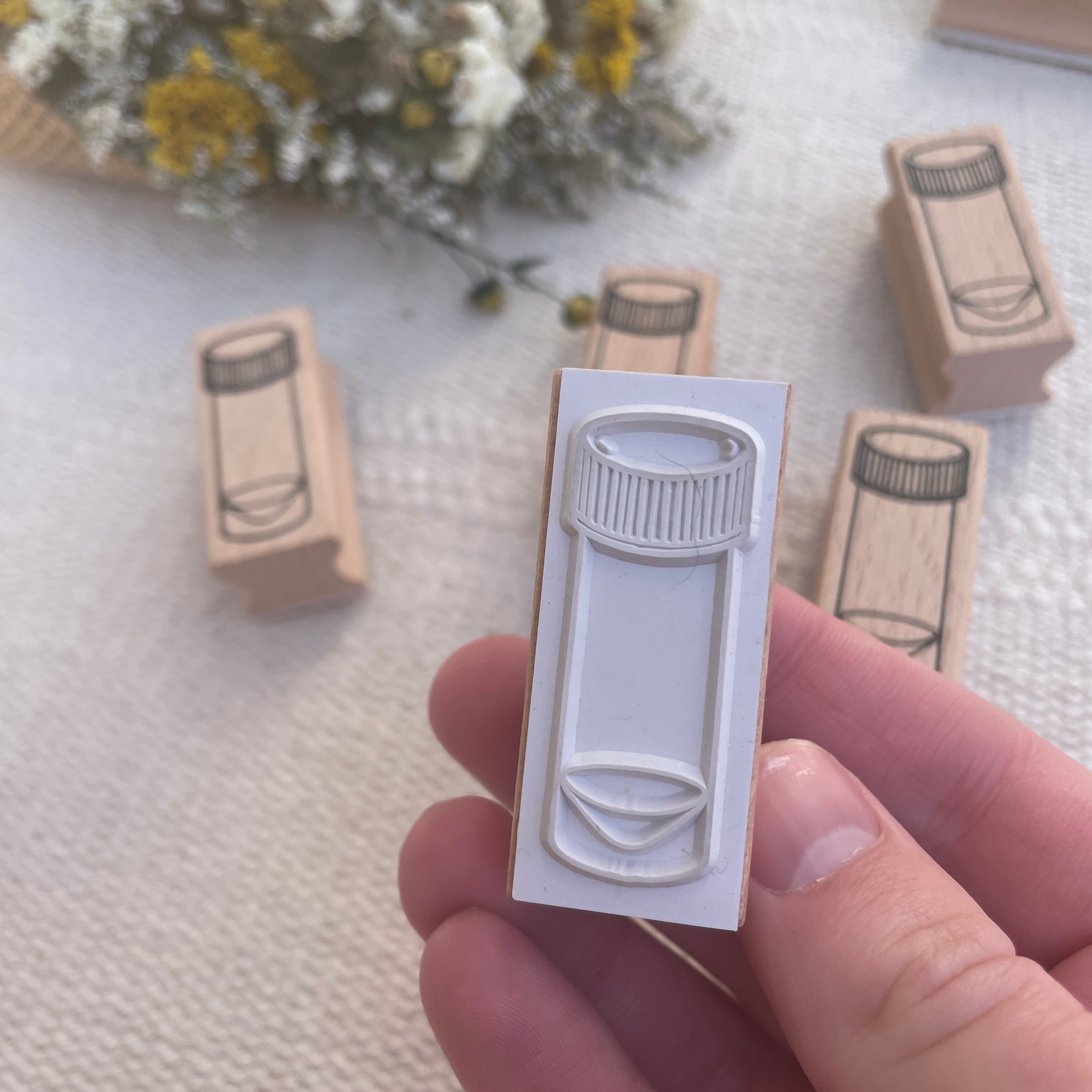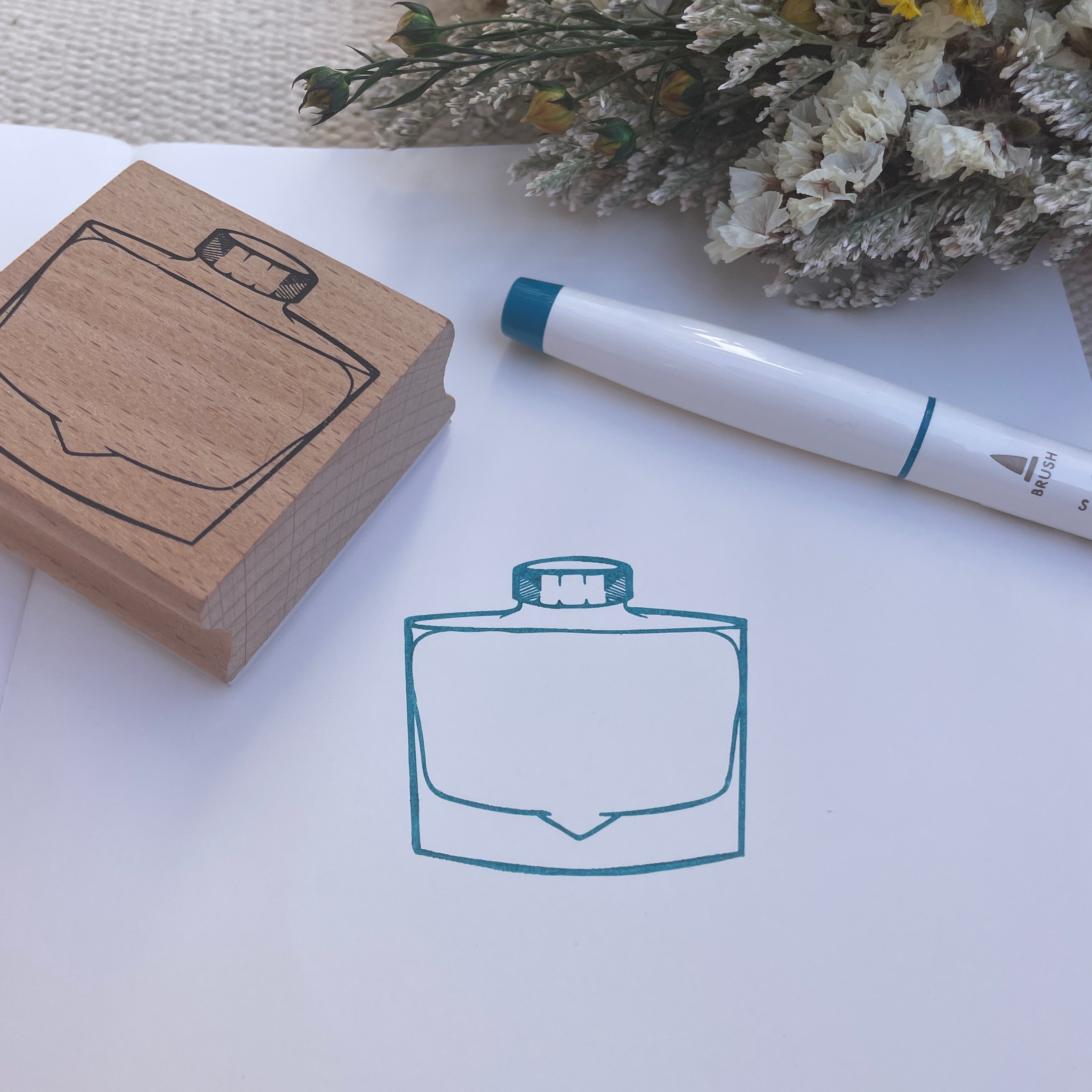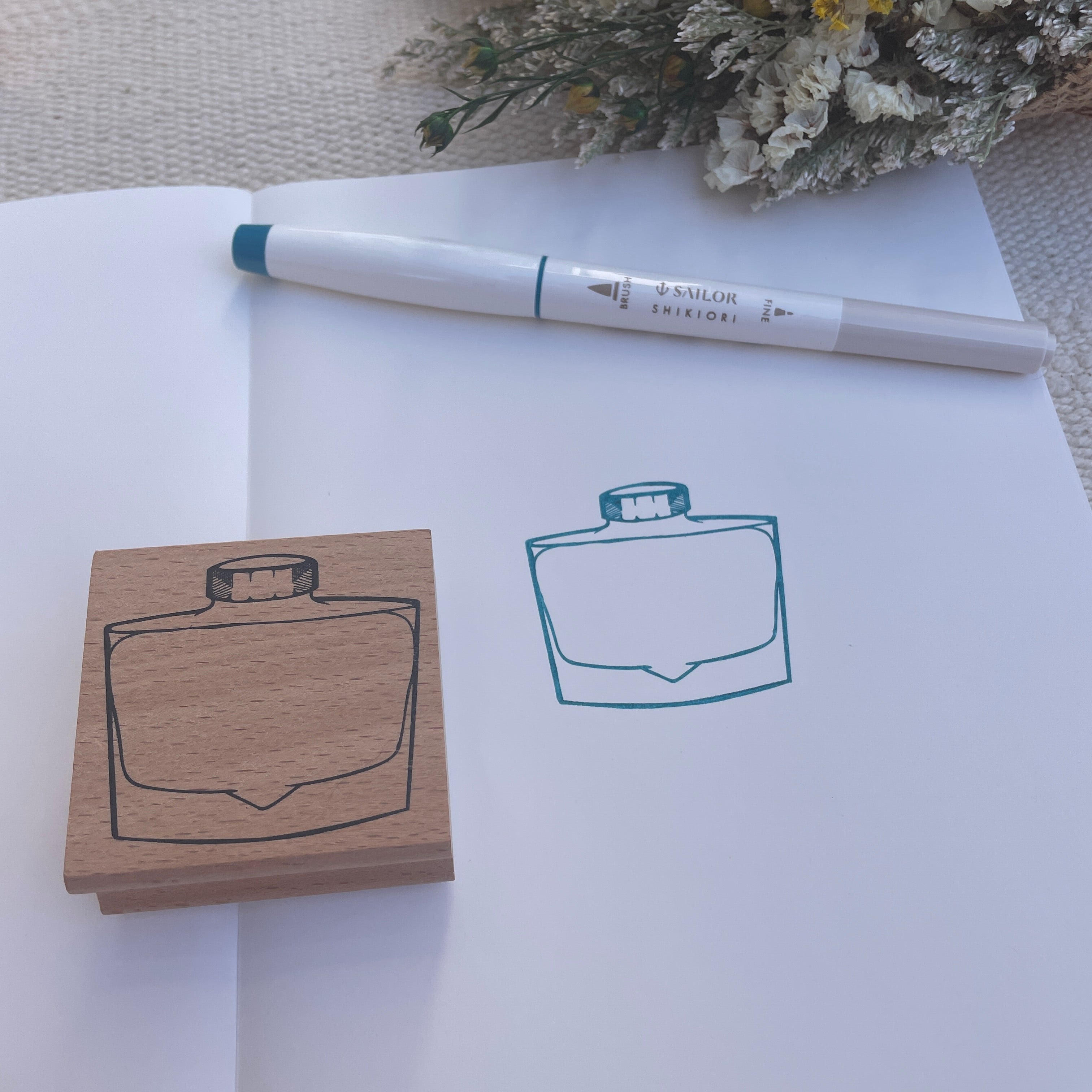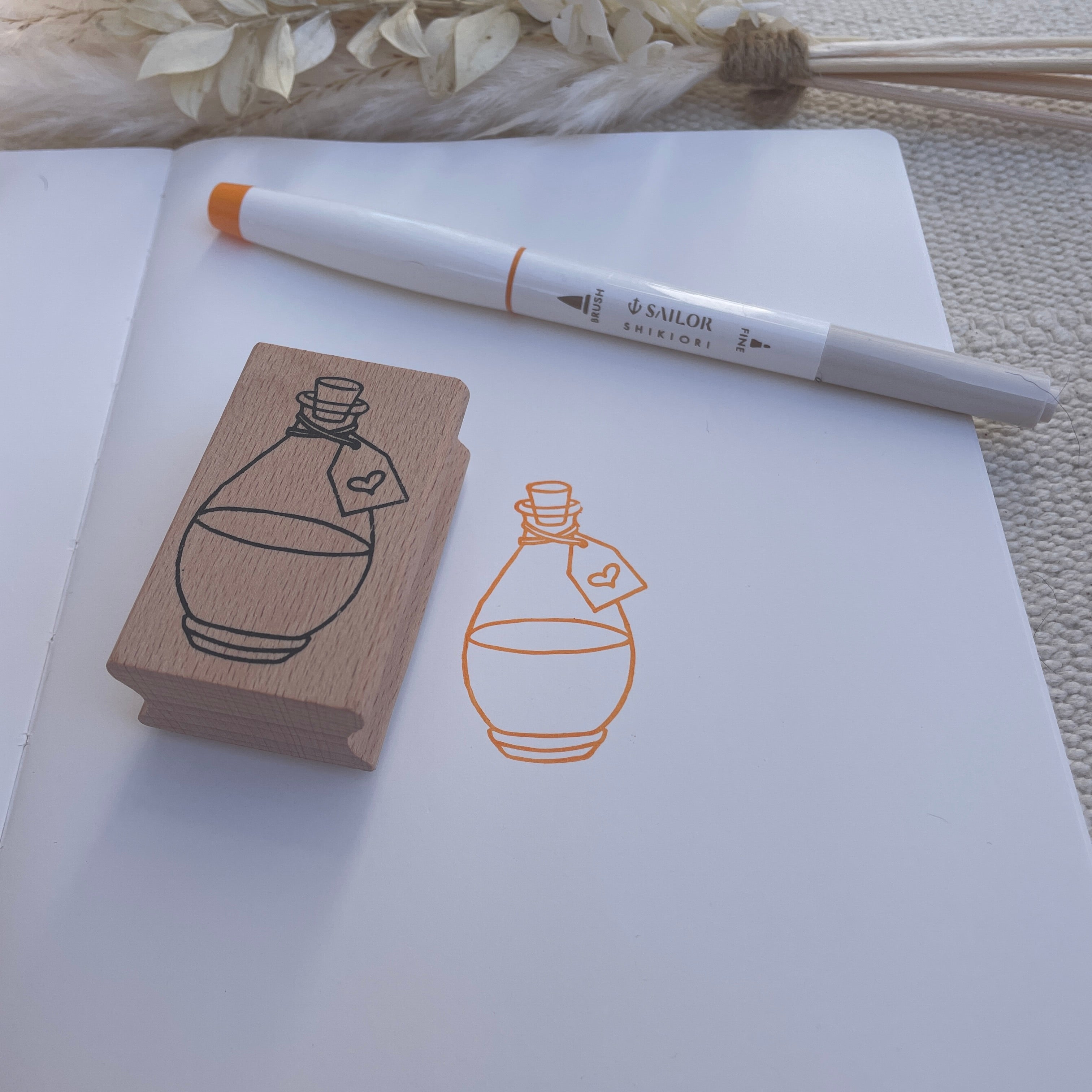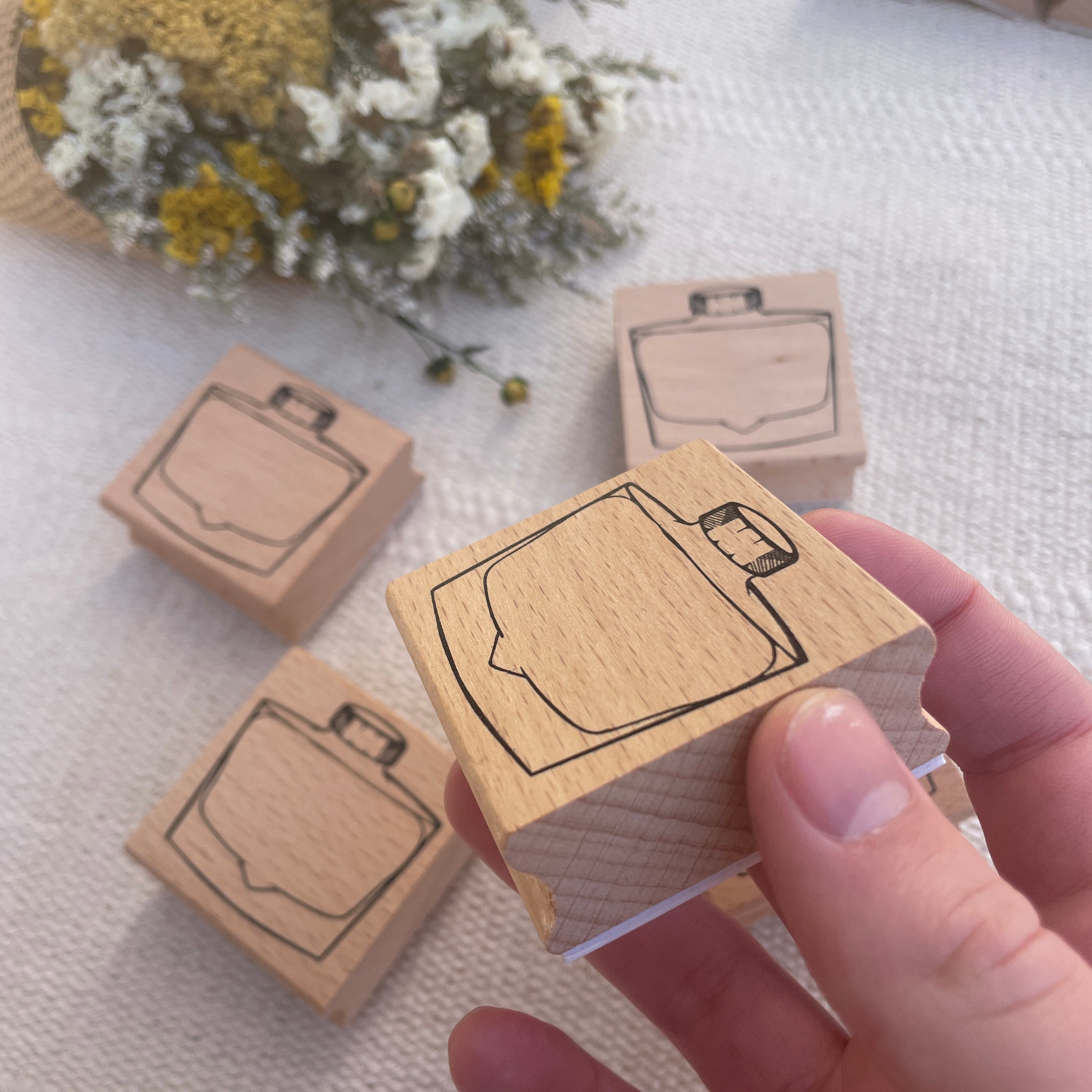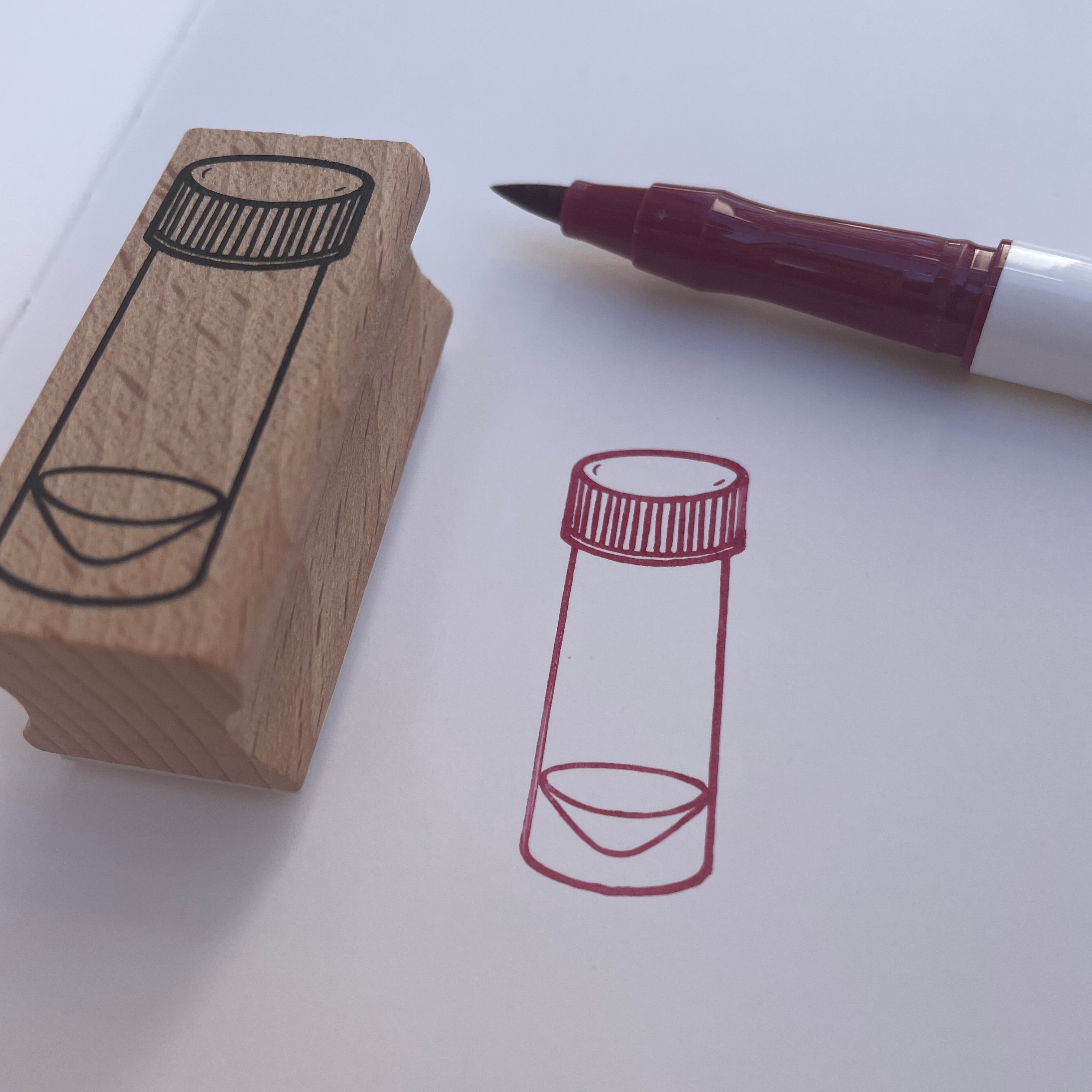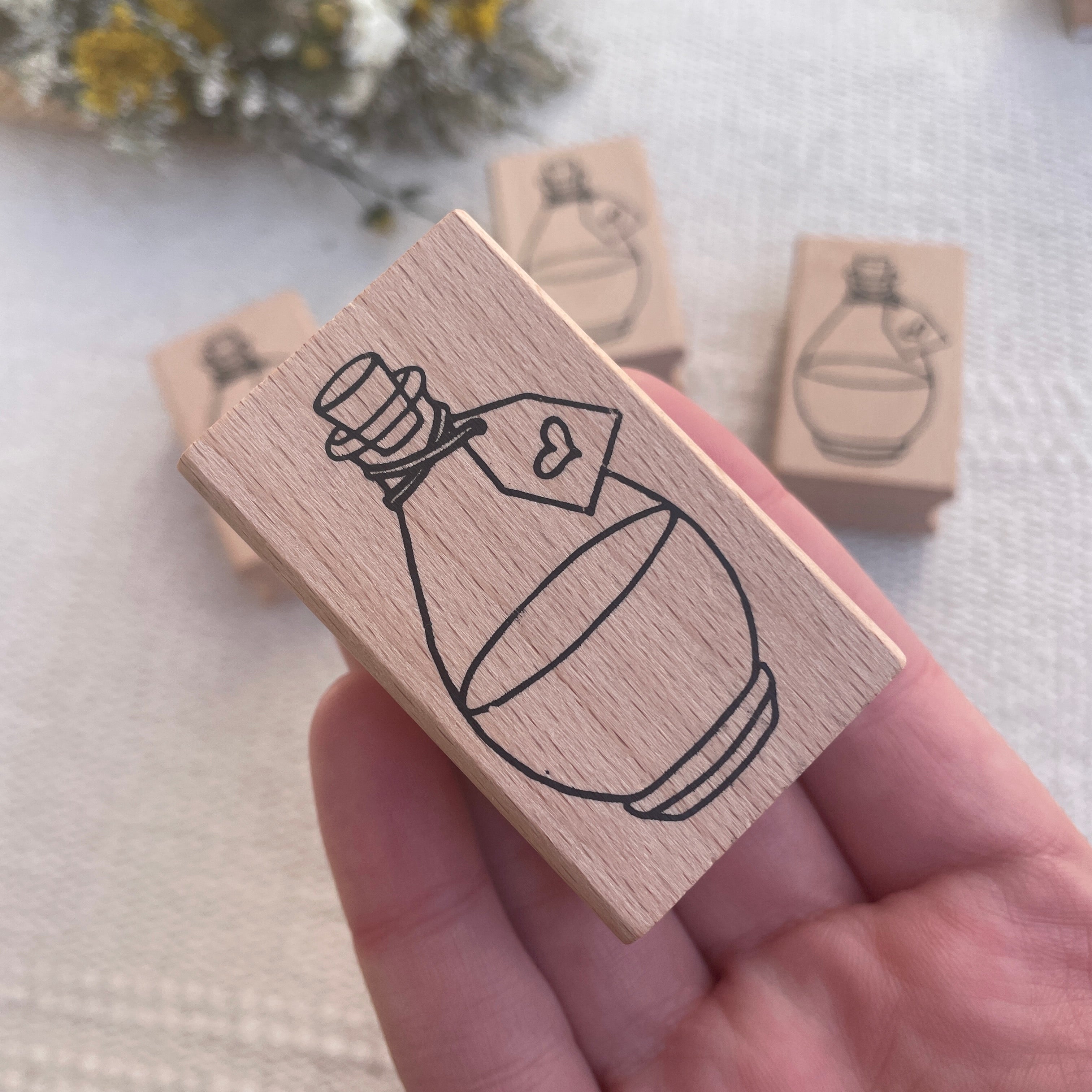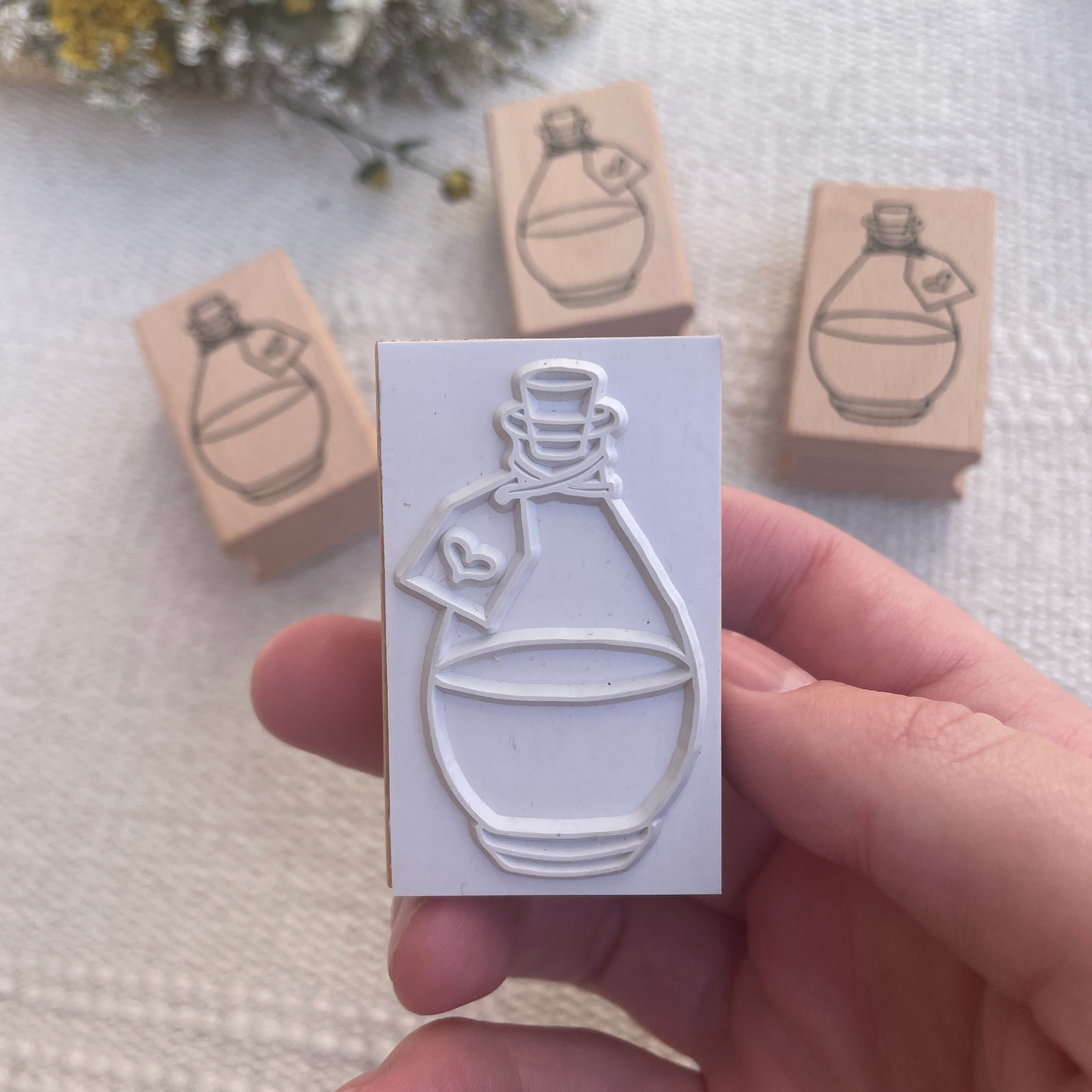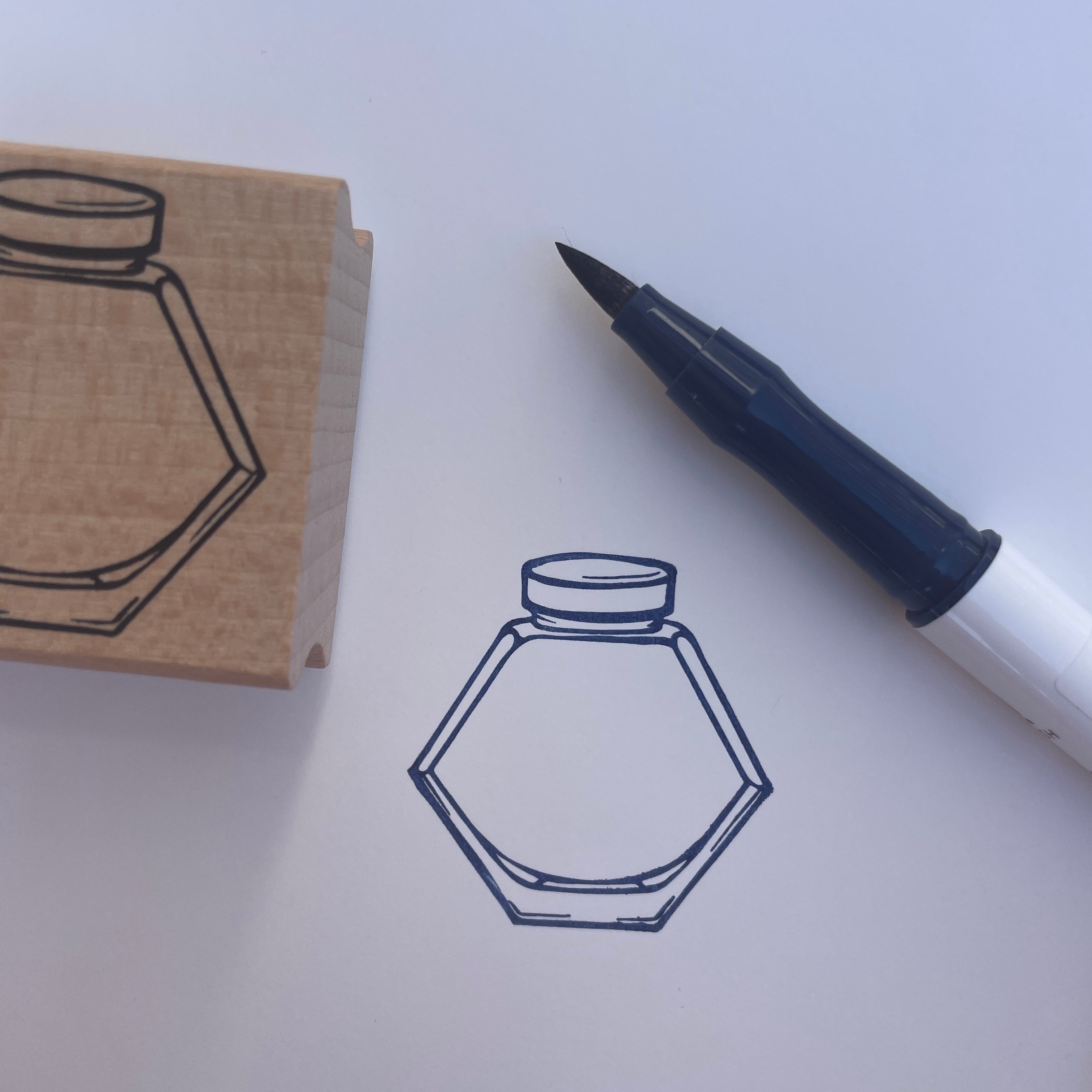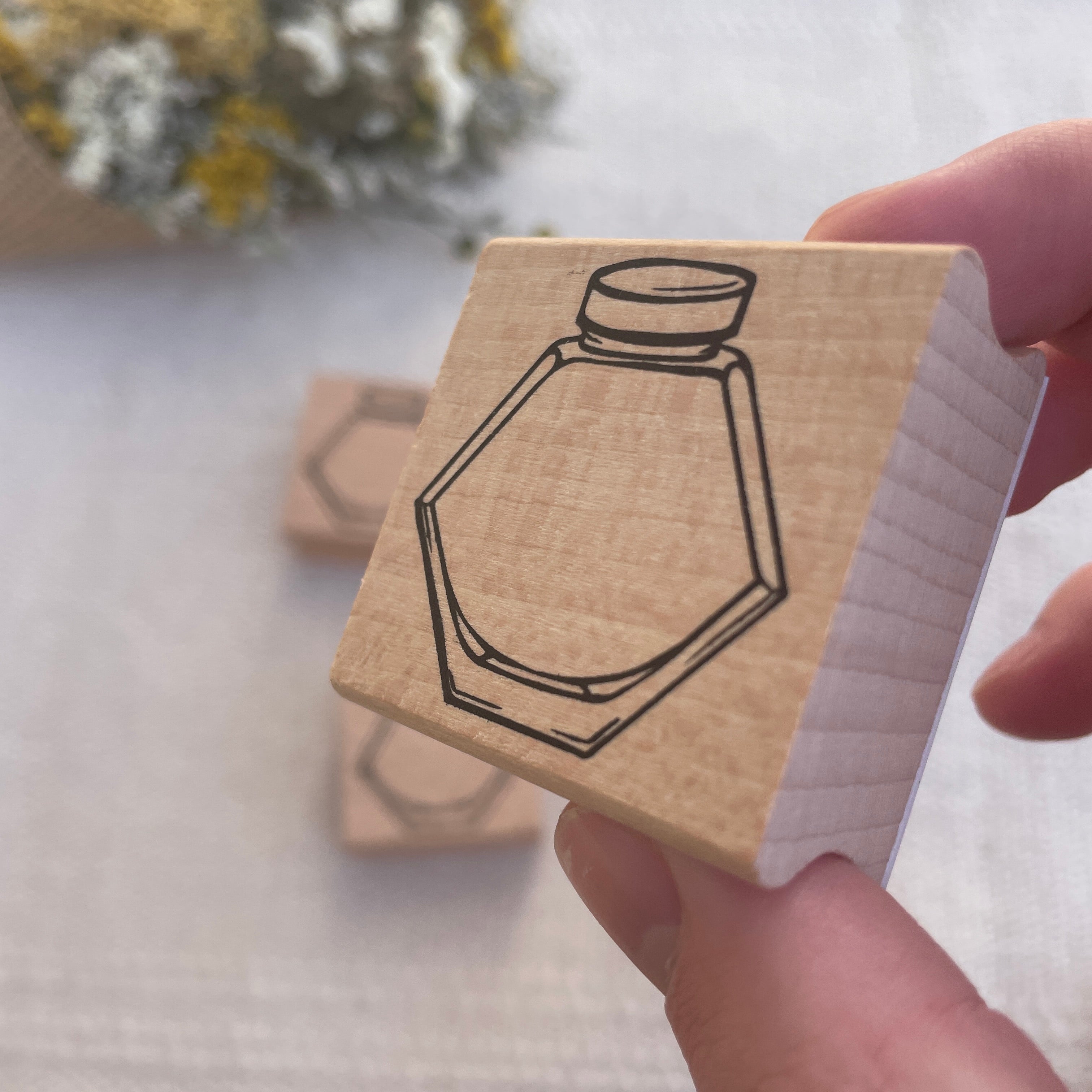Did you know that May has been the official Mental Health Awareness Month in the United States since 1949?
Now, more than ever, it’s important to discuss self-care and affordable methods for improving your mental health. After all, by 2030, it is expected that the cost of mental health conditions (and related consequences) will rise to nearly $6 trillion globally (World Economic Forum and the Harvard School of Public Health).
If you’re looking for some spreads to help you with your mental health journey, we’ve compiled thirteen crucial journaling prompts (backed with actual studies) proven to improve your mental health.

Gratitude Prompts
While it might seem corny, there’s scientific evidence to suggest that being grateful for what you’ve already got might be the secret to lower stress levels and a greater sense of calm. Gratitude journaling involves reflecting on the things we're grateful for and documenting them regularly – so get in the habit of being thankful, and maybe good things will come your way!
- Daily Gratitudes: Write down three positive things that happened today, and include why they made you happy.
- Achievements: Reflect on any achievements you've accomplished this week, and express gratitude for them.
- Nature's Beauty: Take note of the beauty of nature around you, whether it's a blooming flower or a breathtaking sunset.
- Self-Care Planning: Make a list of some activities that you can do this week to improve your mental or physical wellbeing.
By incorporating these prompts into your journaling routine, you'll gradually train your mind to focus on the positives, leading to increased optimism and resilience. How cool! ( ̄ε ̄〃)b

Organization Prompts
In the chaos of daily life, it's easy to feel overwhelmed and stressed. It turns out that constant disorganization may lead to a reduced ability to focus, as well as a tendency to procrastinate. Organization journaling provides a structured approach to decluttering your mind and managing stress effectively.
- Daily To-Do Lists: Start each day by jotting down your tasks and priorities. Crossing them off as you complete them provides a sense of accomplishment.
- Decluttering: Use your journal as a way to list the items you want to clean or discard this week, helping to break them down into manageable parts.
- Stress Relief: List 3 things that are stressing you out right now, and jot down some actionable steps to relieve them.
- Goal Setting: Write down some short-term and long-term goals, as well as a date & time within your calendar that you’d like to achieve them.
By organizing your thoughts and tasks through journaling, you'll feel more in control of your life and better equipped to handle challenges as they arise.
CBT Prompts
Cognitive Behavioral Therapy (CBT) is a widely recognized therapeutic approach for managing various mental health conditions. CBT journaling involves using prompts inspired by CBT techniques to challenge negative thought patterns and foster healthier ones.
- Identify Negative Thoughts: Write down any negative thoughts or beliefs that you’re having about yourself or others.
- Discern Feelings: How have these thoughts been making you feel and how are you behaving in response to these thoughts? Use this time to write down the answers to these questions as well as the consequences of these thoughts or behaviors.
- Challenge Negative Thoughts: Analyze the evidence for and against these thoughts, considering alternative perspectives. Are the thoughts rational or irrational?
- Restructure Thoughts: Reframe negative thoughts into more balanced and realistic ones. How can you change the way you think in a more positive way?
- Behavioral Experiments: Test out new behaviors or thoughts to see how they impact your mood and outlook. Write down which steps you are going to take to move forward.
By integrating CBT-inspired prompts into your journaling routine, you'll develop valuable skills for managing your mental health and building resilience.
It's worth noting that the studies mentioned in this blog post have limitations, and the effects of journaling on mental health may vary among individuals. If you are struggling with mental health issues and thinking of using journaling as a form of therapy, it's still advisable to speak with a mental health professional to get a better understanding on how it may affect you.
We hope that this blog post helps to make mental health journaling a bit more accessible. If you would like to support our content, please consider taking a look at the journaling supplies in our store! ╰(*´︶`*)╯


